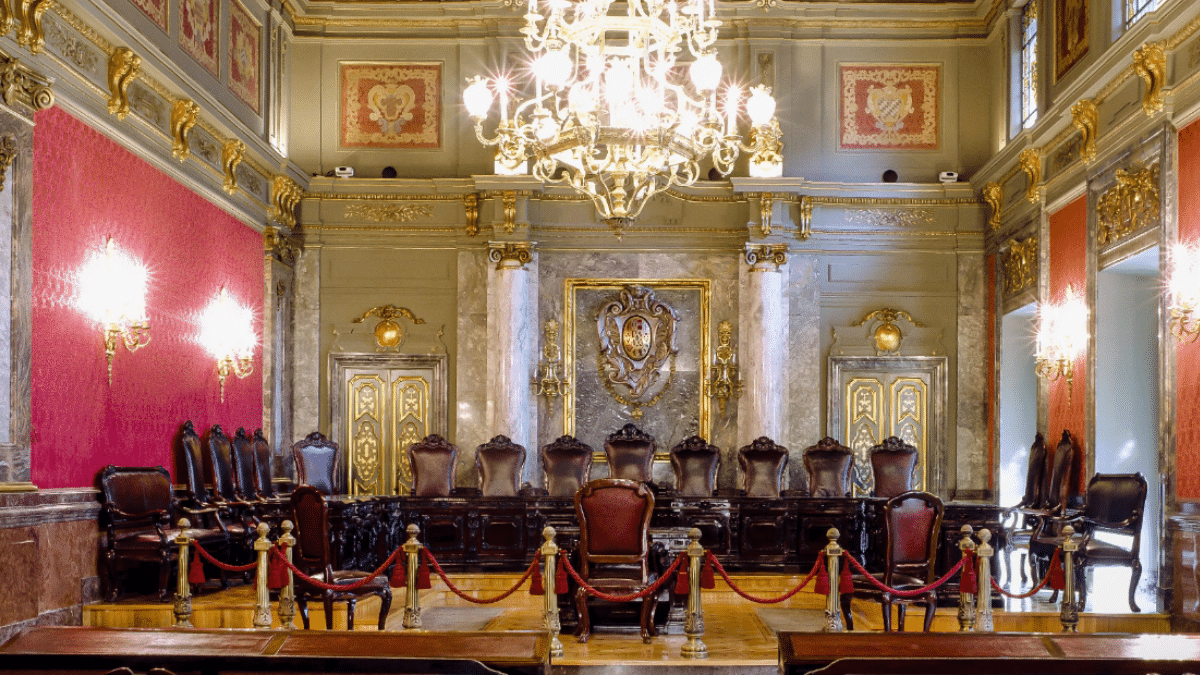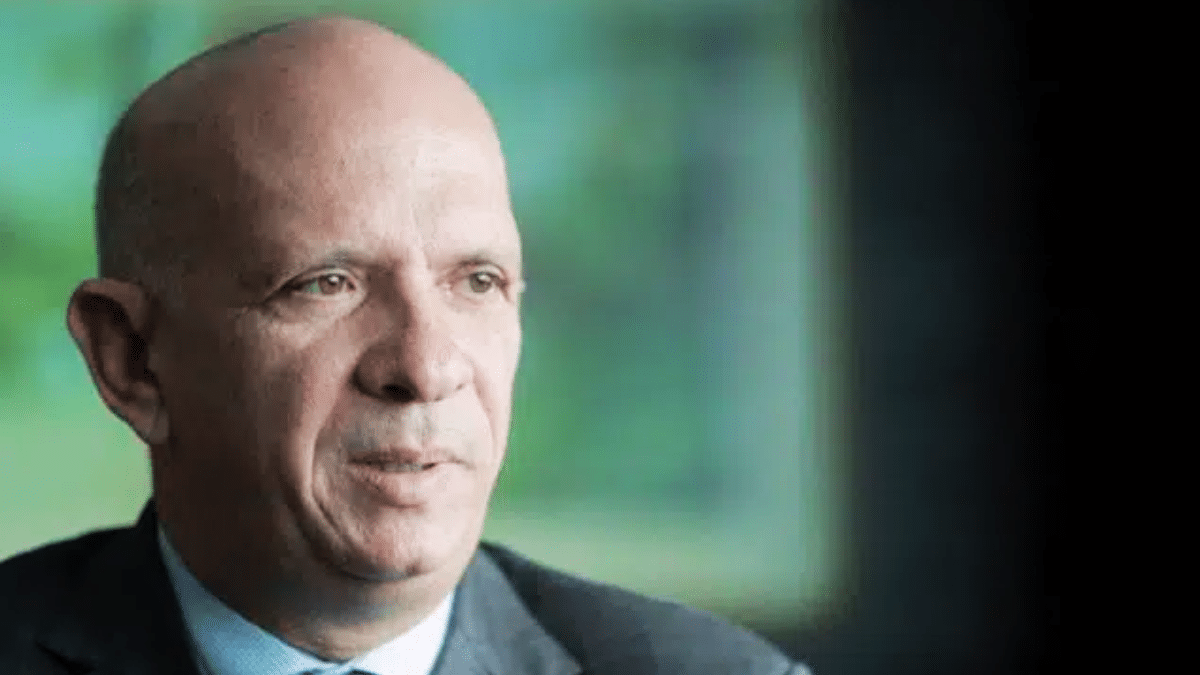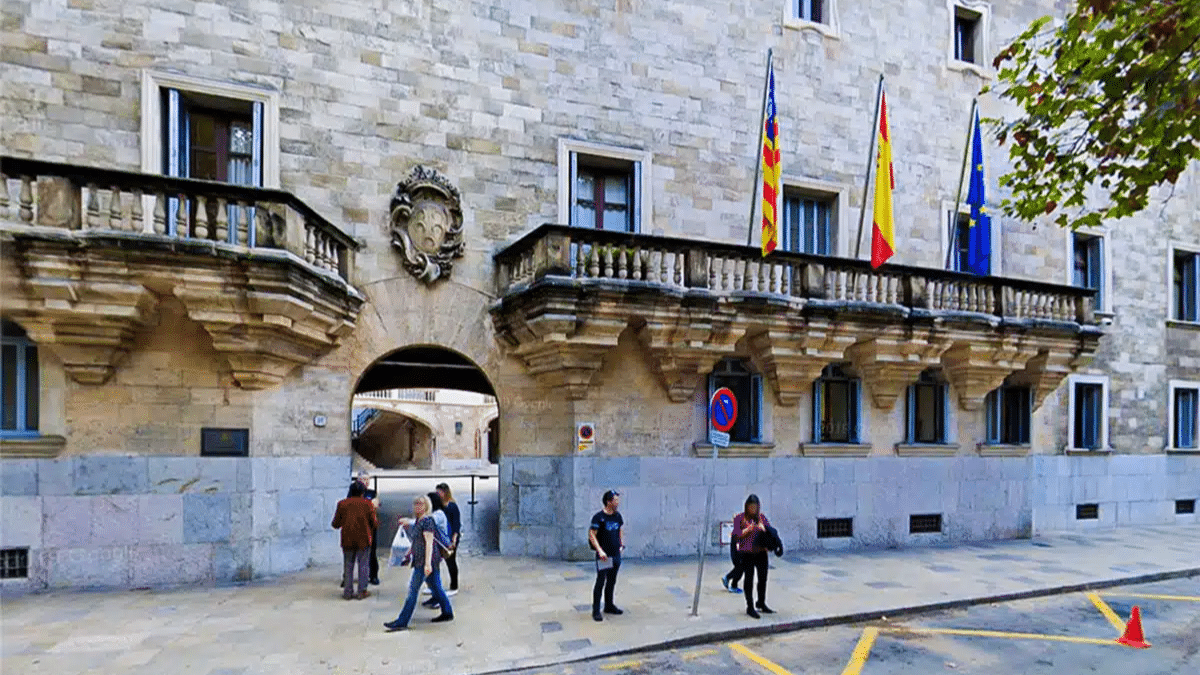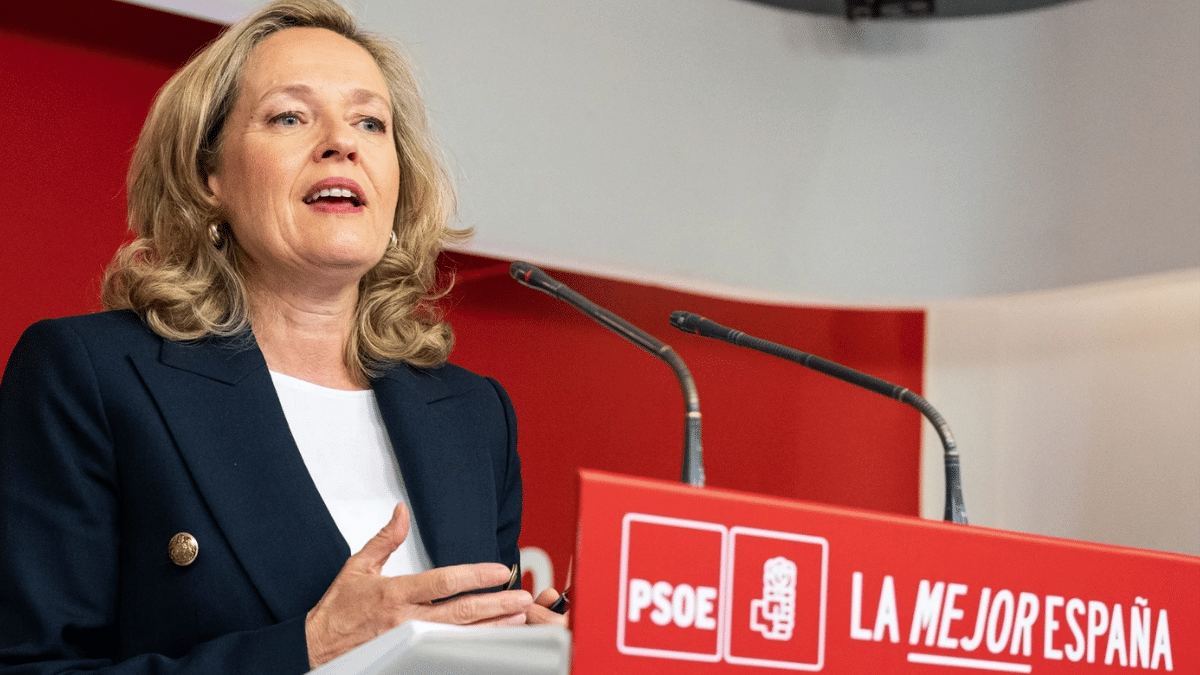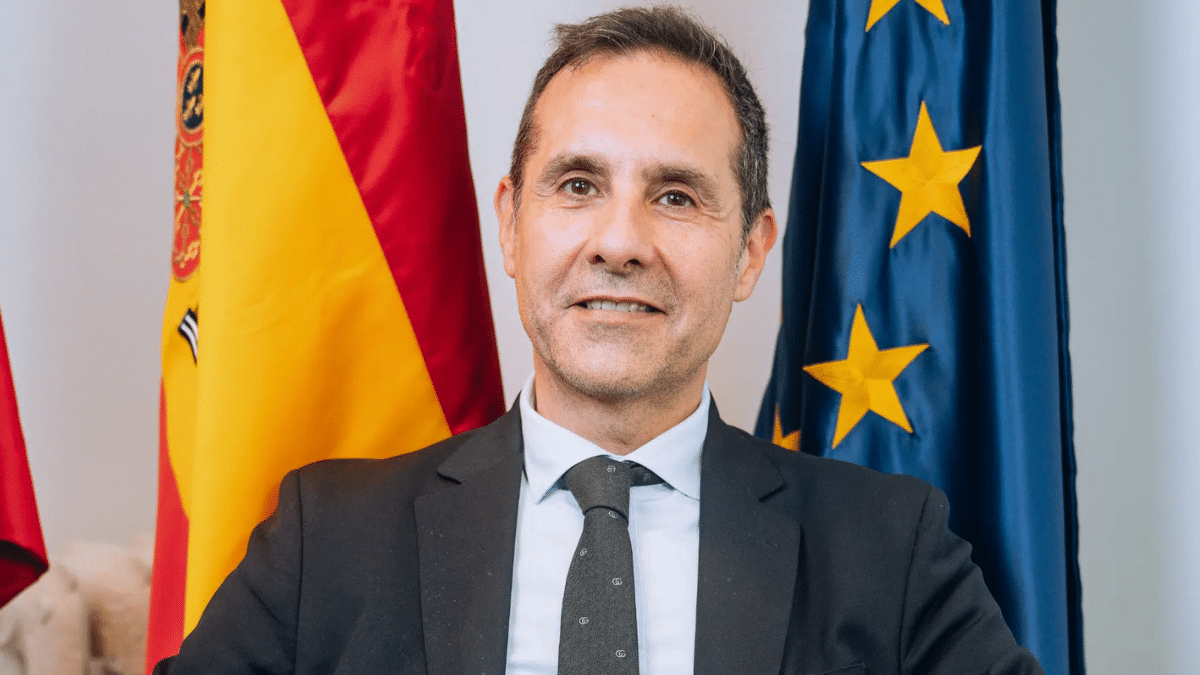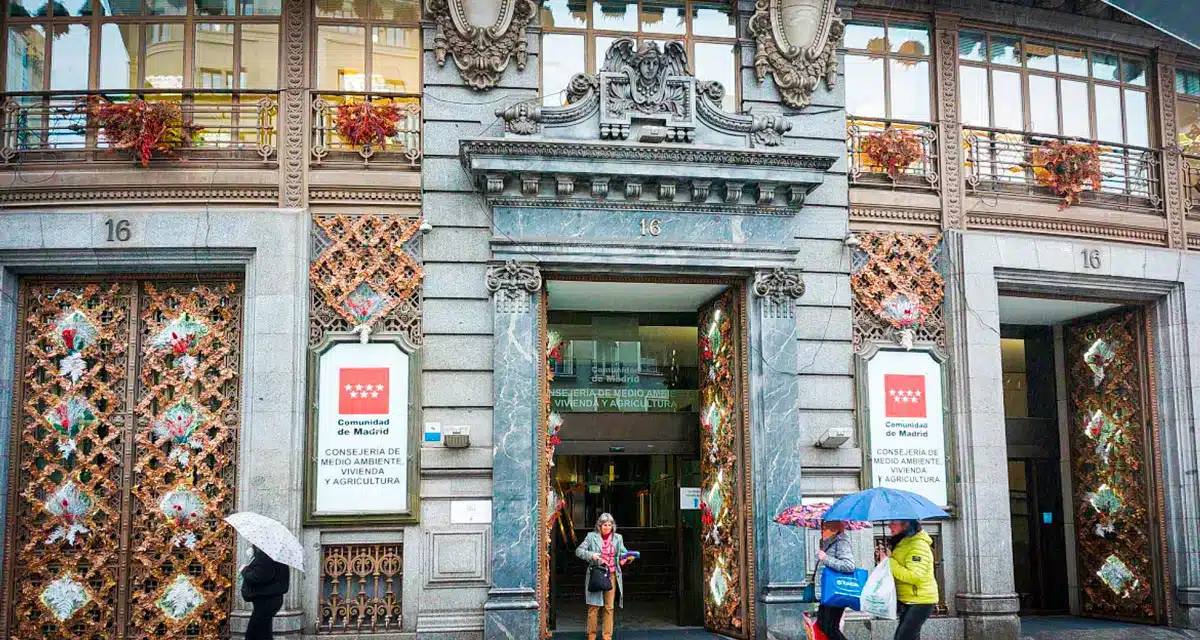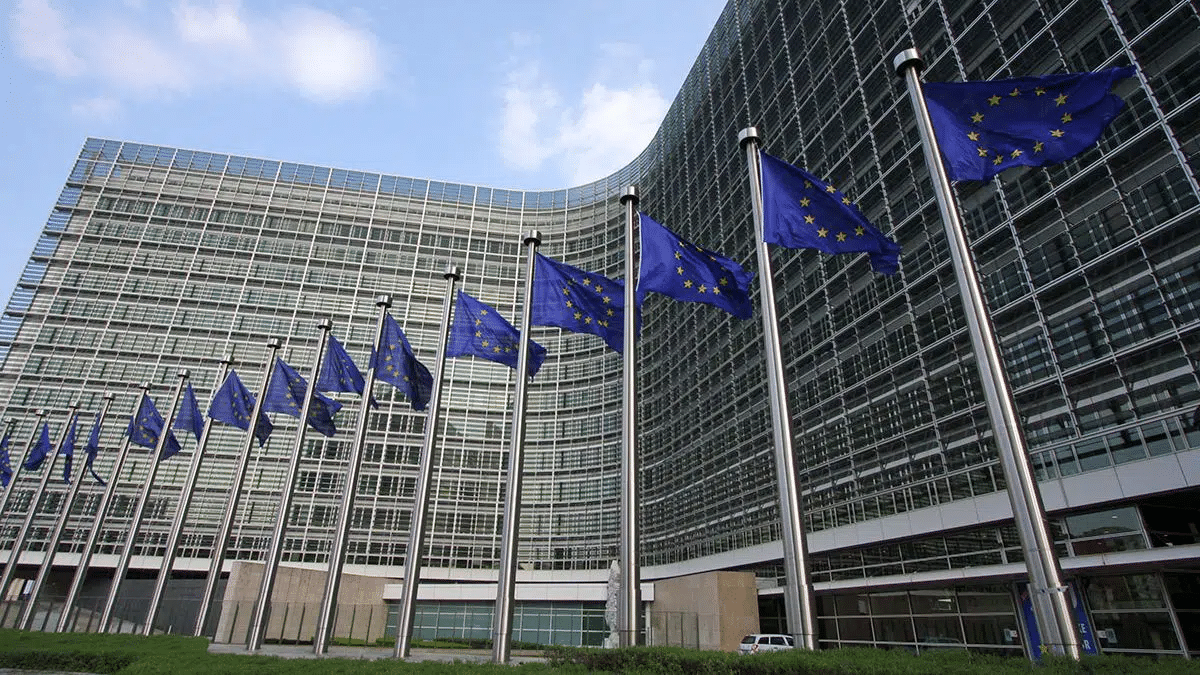
Javier Íscar, president of the Open Arbitration 2023: “In the international world there is no other solution than arbitration”
This is the ninth edition of the Open de Arbitraje. In this case at the Teatro Príncipe Pío in Madrid. With the attendance of 600 people “in flesh and blood” and 400 people telematically to the 22 tables in which 54 people intervene. Almost 30% of the speakers belong to companies. An event that turns the capital of Spain into the capital of world arbitration for 48 hours. That is how long this event will last between today and tomorrow.
A “fairytale” event. Or to be more precise, “of stories”. Because each of the 22 round tables are entitled with stories such as “Charlie and the Chocolate Factory. Trends in energy arbitration. Application to Third Party Funding and opportunities”, “A tall tale. Full compensation v State Aid”, “Bambi. Human rights, protection” or “The magic beans. Arbitration: Turning threats into opportunities”, to name but a few.
“People want to get their hopes up. To find a way to project their future”, he stresses.
“The leitmotiv of this year’s Open is in line with the social reality that surrounds us. The 2020 Open was about cinema, nostalgia. Then we moved on to illusion. Last year we started to travel, to dream. This year is fantasy. We think that all the fables we have read since we were children contain morals that can be applied to our real and professional lives. All of them, from ‘The Three Little Pigs’ to ‘The Emperor’s Clothes’. All of them have a message that is relevant to our day-to-day professional life. Perseverance, patience… A lot of messages that if you apply them to your daily work you can succeed”, explains Javier Íscar, president of the Arbitration Open 2023.
A MYTH
According to Javier Íscar, “it is a myth to think that arbitration works when justice does not work. They coexist perfectly and there are matters, disputes, that live better with arbitration and others that live better with the courts. There are companies that prefer confidentiality, speed and trust in an arbitrator who is an expert in the field because conflicts are becoming more and more specific. And they require a very specialised solution. Judges can’t provide that because they don’t have specialised training or time.
And he points out that the typology of contracts is very extensive. From construction to services and even artificial intelligence.
In Íscar’s opinion, there are expert arbitrators who can provide an adequate solution in time and form.
“But be careful. An arbitrator is not made overnight. It is a question of personal branding. Conflicts are sophisticated. And the more sophisticated they are, the greater the need to look for someone who is specialised. Justice is slow and uncertain. That’s why companies flee. Because it affects their economy, their certainty, their bottom line. And that is a major enemy of the corporate and business world. In fact, in the international world, there is no solution other than arbitration. It is the most suitable tool for this type of contract”.
The government’s commitment, he stresses, is clear. “The future law on procedural efficiency contains a clear message that there are many ways to find a solution to conflicts. Lawyers have a deontological obligation to know all the methods to offer the client the most suitable one. And sometimes it will not be arbitration or the court, it will be mediation or conciliation. Other times it will be an expert…”.




